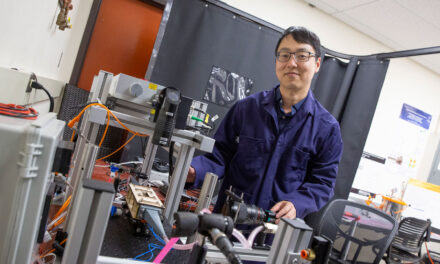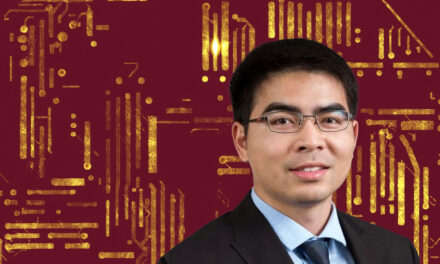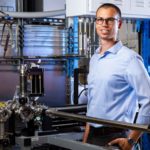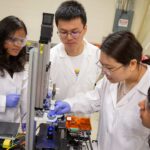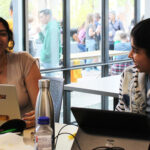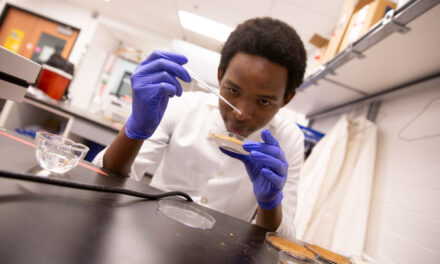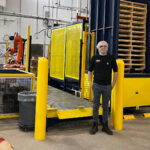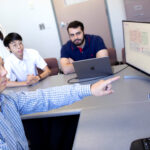
Engineering a solar future
Three faculty members are leading a project to improve the effectiveness of solar energy technology.
Cihan Tepedelenlioglu, George Maracas and Andreas Spanias, each on the faculty of the School of Electrical, Computer and Energy Engineering, are using the research capabilities of the university’s Sensor, Signal and Information Processing (SenSIP) Industry Consortium to monitor and gather some of the most detailed technical data yet available on the factors that determine the performance of photovoltaic arrays. SenSIP focuses on technologies for digital signal processing systems, data mining, wireless communications, information networks and multimedia systems.
Such advanced data will provide groundwork for developing more efficient, reliable and secure solar energy generation facilities, says Spanias, SenSIP’s director.
They will devise the sensor and information processing systems to detect and analyze how solar technology performs under a variety of situations, particularly changing atmospheric and weather conditions. “The tools we have can give us the most data-rich and detailed understanding of how photovoltaic arrays are functioning, and to what extent operational and environmental conditions affect performance,” Maracas explains.
Successful research results would enable utilities and solar power generating operations to forecast potentially disruptive situations and implement strategies to cope with difficulties, he says.


